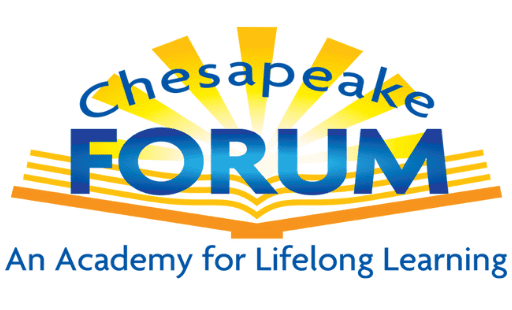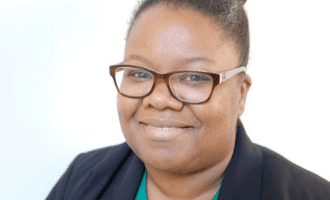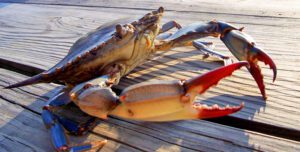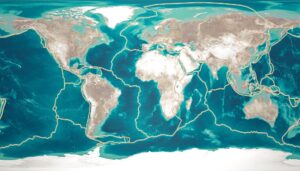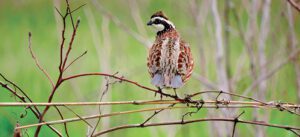COURSE IS OVER, BUT YOU CAN STILL REGISTER FOR THE RECORDING. How do Caribbean Sea turtles relate to Chesapeake Bay fishing? In this single-session course, Dr. Sharika Crawford will draw upon the history of turtle fishing in the small islands and coastal communities of the greater Caribbean from the late 1800s to the late 1900s and how it relates to the sustainability of fishing the Chesapeake Bay.
She will highlight how three factors led to a seismic decline in the turtle fishery: overhunting and capture of Caribbean Sea turtles, rise of environmentalism, and efforts to conserve sea turtles through international legislation. The turtle fishing history raises interesting questions about sustainability and best practices about conservation versus protection and the cautionary note this provides for the sustainability of fishing the Chesapeake Bay. It is highly recommended one read the book, The Last Turtlemen of the Caribbean: Waterscapes of Labor, Conservation, and Boundary Making (available on Amazon, Bookshop.org, or Barnes & Noble).
Course Links:
